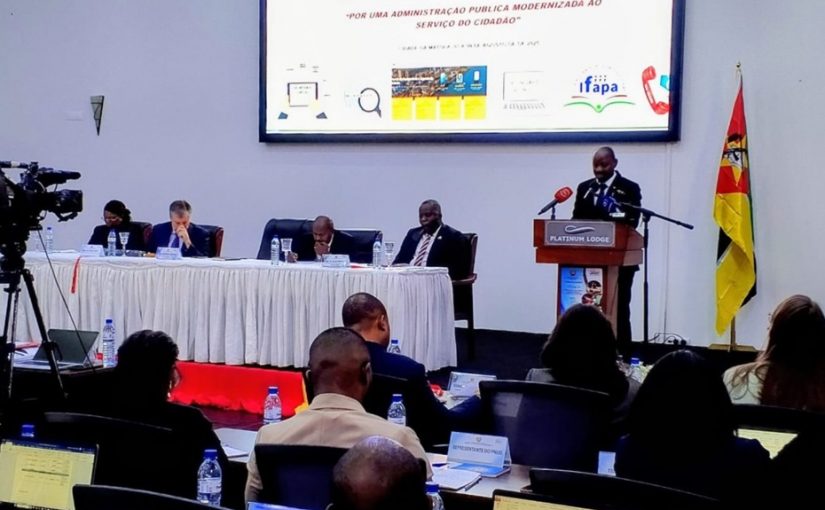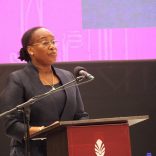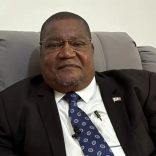Mozambique: “Failures and persistent challenges” must not be marginalized
Mozambique: Government wants to consolidate decentralized governance – Minister

Photo: Domingo
Mozambique’s Minister of State Administration and Civil Service on Thursday called for a commitment to consolidating decentralized governance in the country, arguing that it will alleviate the workload of the central government.
“We understand that implementing the decentralization process in Mozambique will enable more efficient administration, tailored to the specific needs of each location. It will improve decision-making and management capacity at intermediate and lower levels, alleviating the workload of the central administration, which will then be responsible for strategic decisions,” said Minister of State Administration and Civil Service, Inocêncio Impissa.
The Minister was speaking in Maputo at the opening of the Ministry’s 11th Coordinating Council, where he advocated for the consolidation of decentralized governance in the country through training and capacity-building for human resources in response to current societal demands, encouraging the active participation of citizens in decision-making processes.
“It was based on these assumptions that we focused on strengthening the organizational capabilities of local governments as one of the fundamental objectives of the decentralization process in Mozambique and ensuring, through the training and development of local leaders, the necessary strength to assume the assigned responsibilities and lead government processes at that level,” Impissa said.
The ‘Government School’
In this regard, the Mozambican government reiterated its commitment to advancing the Government School, which will train human resources for decentralization and state administration employees with new knowledge to meet current demands.
“We intend to streamline the Government School, an institution that should be dedicated to the specific training and development of public servants, from entry-level employees to senior government officials, and to promote the exchange of experiences and the sharing of information and knowledge,” explained the Minister.
Also at the opening of the Coordinating Council, Inocêncio Impissa said that progress was expected on the creation of a citizen portal, an electronic platform that will integrate all public services of the state administration at reduced costs.
“The design of an online payment platform for these services is underway, eliminating any contact between citizens and providers, thus preventing corruption, both active and passive,” the Minister assured, asking officials to act in a manner guided by “morality and a commitment to good service, ethics, humility, integrity, and innovation”.
The government is reviewing legislation to reduce the powers of provincial Secretaries of State to avoid duplication of administrative and management functions.
The National Director of Local Administration, Cândida Maloane, stated that the process will be adjusted “to ensure that there is a State representative at the provincial level” and to avoid “a cumbersome administrative machinery competing with the executive bodies.”
Regarding this topic, the Minister of State Administration and Civil Service previously emphasized that the success of this decentralization process depends, among other aspects, on the coordination between different sectors of government.
“To this end, each level of government, without prejudice to its own responsibilities and competencies, must work in synergy with the others to effectively respond to the challenges of local and national development,” the minister stated.
The Commission for Reflection on the Decentralization Model (CREMOD) submitted its final report to the Mozambican government a few days ago, but it has not yet been released.












Leave a Reply
Be the First to Comment!
You must be logged in to post a comment.
You must be logged in to post a comment.